

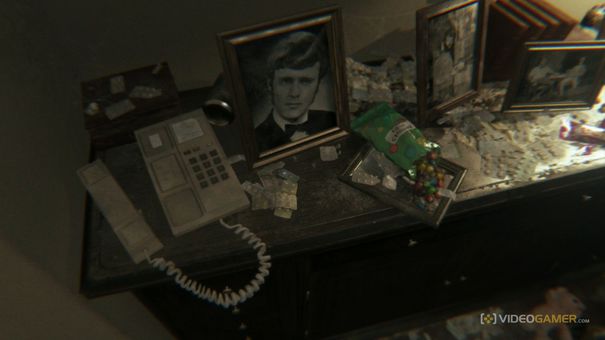

P.T. hasn't just changed how people view Silent Hill. It's potentially changed how people view horror games in general. While statements such as these are often built around hyperbole, Kojima's 'interactive teaser' has not only captured the imagination of those who enjoy the genre, but also those who try and ignore it… like myself.
I actively stay away from experiences such as these, mostly because they have the ability to break me as a human being. I find it incredibly easy to suspend my disbelief, meaning any developer that sets out to scare me usually finds success. I hate being terrorised and feeling genuinely fearful, even though I'm sat in my living room with no real sense of danger being apparent. It upsets me.
With that said, it makes little sense that things would change with P.T.. Easily one of, if not the scariest games I've ever played, it actively made me turn off more than once. I literally couldn't go on. And yet I returned. Twice. Then spent the following weekend watching other playthroughs and their reactions, or chatting to friends about what they thought. It's the complete opposite response I have to most horror titles, which is usually focused on getting out of dodge as quickly as possible and then trying to forget all about it. For one reason or another, it got in my head.
A large part of this was obviously how inventive the marketing behind the Silent Hills teaser was. Allowing its audience to discover the secrets for itself and, as Steve said last week, take advantage of the ever-growing outlet that is streaming, word of mouth did more for the franchise than any amount of trailers or more standard re-reveals could've done. It demanded people had conversations about it – be it to figure out what in the hell you're actually meant to do or to just share stories – and, maybe even more importantly, reminded everyone that Silent Hill is not ready to walk quietly into the night.
For fans of the series this may promote a different sense of fear. The last entry in the franchise, Downpour, seems very likely to be the last of its ilk as Del Toro and friends look to revamp and rebuild. In many ways, this could be seen as a shame. While not having the impact of its predecessors, the previous Silent Hill was still dripping with atmosphere, and its later versions of the Otherworld were inventive and interesting. (Also, that scene where you have to choreograph a school play is still horrifying.)
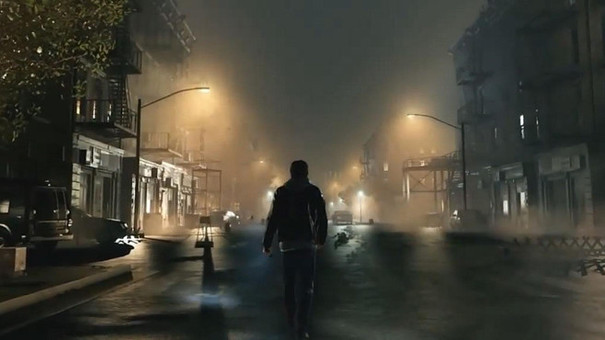
Of course, that didn't correlate to what Konami wanted. Middling scores, little interest from the public and many a cry of 'Well, it's no Silent Hill 2' meant it was another step which left the license a shadow of its former self. This was no longer leading the genre. It was barely a contender.
It's not just that P.T. has changed all that either. Aside from elevating Silent Hill back into public conscience, it's brought relevance back to its field. It's no real surprise that horror games have been suffering for a while, with Resident Evil giving up on it entirely. The stomping ground for such titles has been the indie scene, the likes of Slender Man, Amnesia, Lone Survivor (itself a kind of de-make of Silent Hill 2) and Penumbra leading the way. There are still some triple-A offerings, most notably Alien: Isolation and The Evil Within, but there's a fair argument to be made that P.T. has actually taken a lot of wind out of the latter's, maybe even both of their sails. Mikami's effort is looking considerably more like a product of yesteryear rather than something which is hoping to ignite something new. No one can say for sure until a finished copy arrives in our hands, but I for one feel less intimidated by Bethesda's major step into the horror market. The bar has been raised.
Obviously this is all for naught if Konami don't follow through on the momentum it has now built up. Application is everything when its comes to games, and a Silent Hills that fails to deliver in the same way as its playable teaser renders the whole experiment almost pointless.
For the first time in years, though, horror has found its place again. In hindsight, it's not that surprising Hideo Kojima was the man to do it.
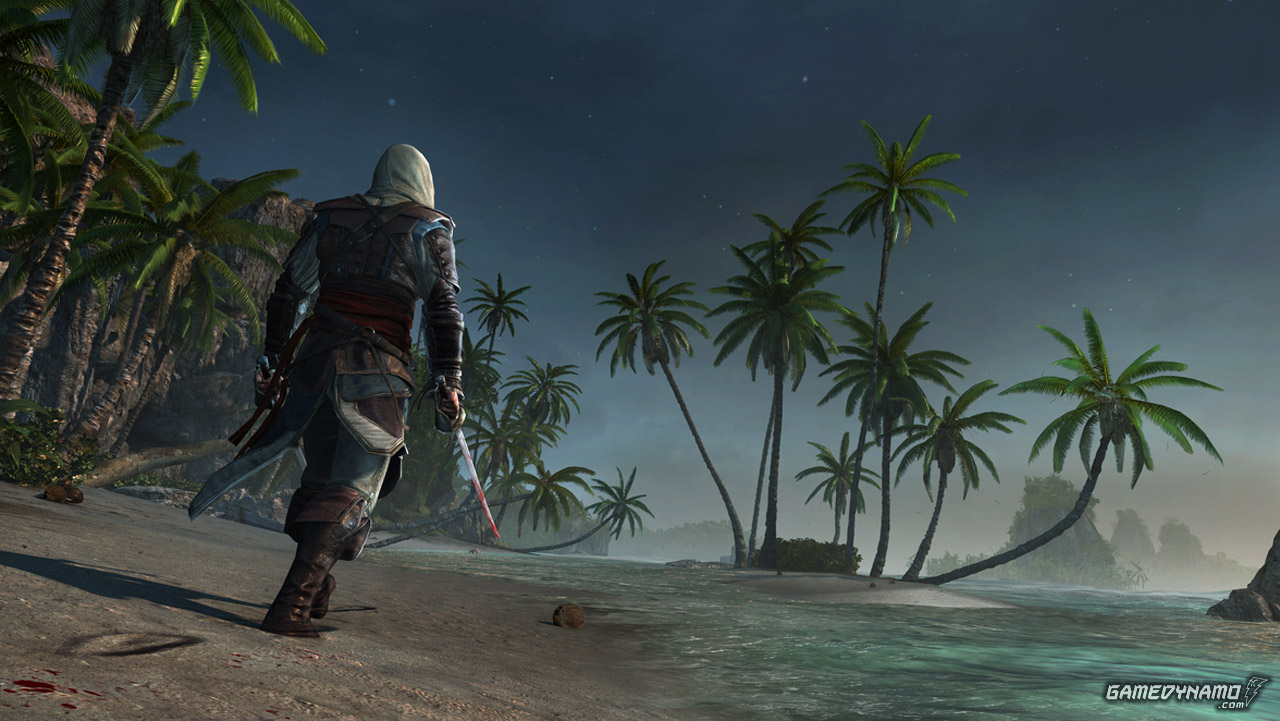

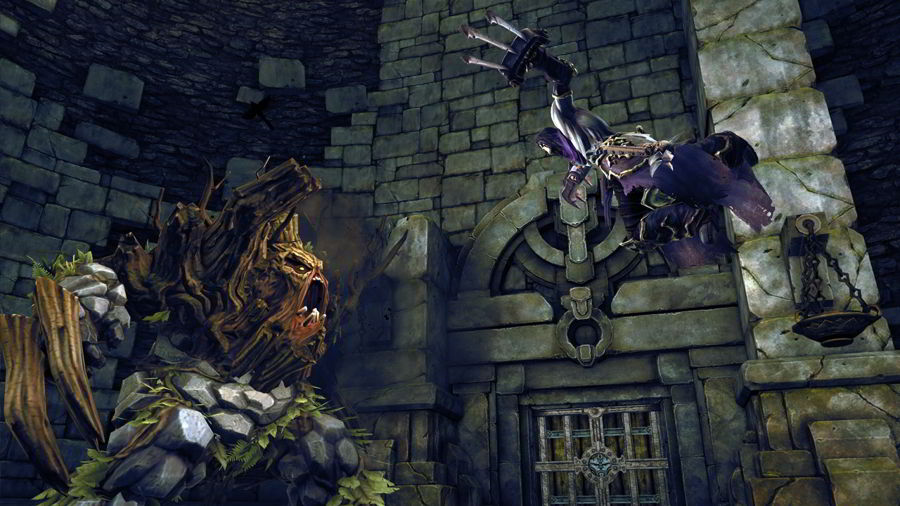

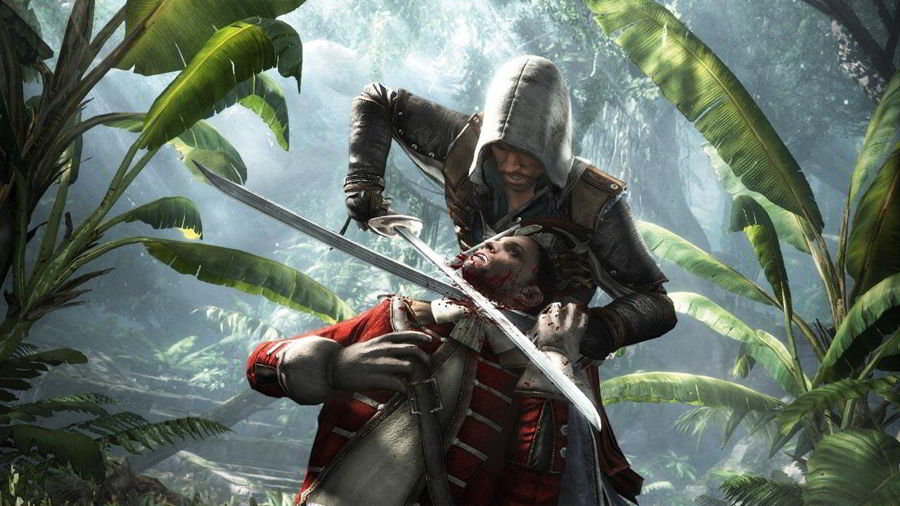 Assassins Creed 4 Black Flag Guide: Governor No Longer Guide
Assassins Creed 4 Black Flag Guide: Governor No Longer Guide How to Promote Your Minecraft Server and Get More Players
How to Promote Your Minecraft Server and Get More Players The Best Games for Low to Mid Performance Laptops and PC's
The Best Games for Low to Mid Performance Laptops and PC's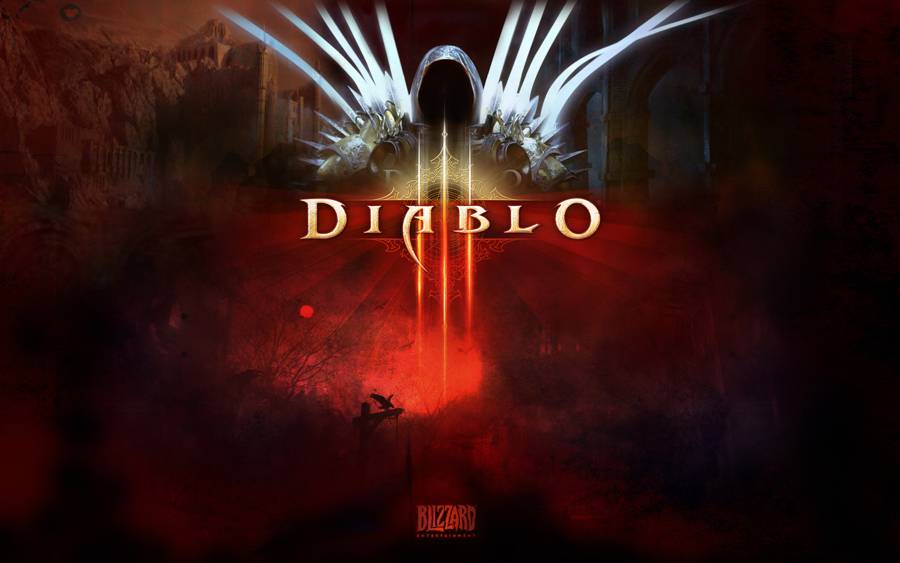 Diablo 3 How To Identify Items
Diablo 3 How To Identify Items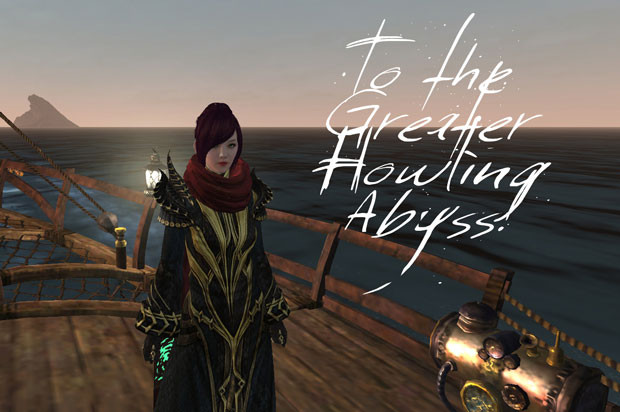 ArcheAge Guide to Greater Howling Abyss
ArcheAge Guide to Greater Howling Abyss